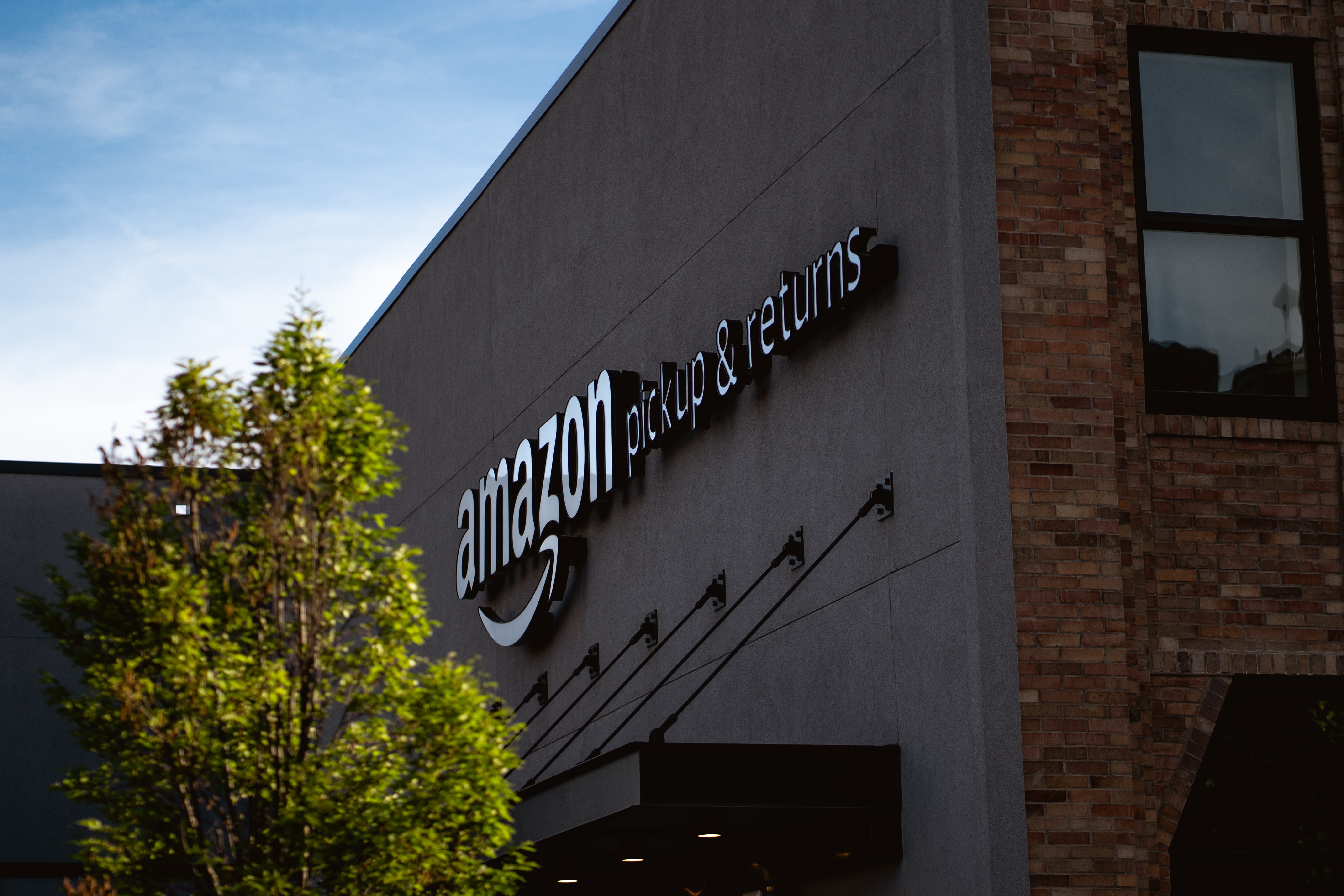
by George Turner | Mar 4, 2021
Coming in at an enormous £12bn for 2021/22, the Chancellor’s announcement of a “super-deduction” on purchases of capital goods by businesses was one of the largest spending items in the Spring Budget. In fact, it was one of the largest single-year tax giveaways ever...

by George Turner | Feb 19, 2021
A new report from TaxWatch: “Equality before the law? HMRC’s use of criminal prosecutions for tax fraud and other revenue crimes. A comparison with benefits fraud”, reveals the huge disparity between the way in which benefits crime is treated in the UK...

by George Turner | Jan 14, 2021
Following the 2008 financial crisis and a series of high profile scandals, the issue of tax avoidance and evasion was brought to the fore of public concern. There has been a concerted effort to tackle this on both a domestic and an international level. HMRC has...

by George Turner | Jan 11, 2021
As reported in the Financial Times today, HMRC has opened a number of criminal investigations into fraud following enquiries into transfer pricing schemes used by large corporations.1 News of this new approach first emerged in response to a question I posed to Simon...

by George Turner | Dec 8, 2020
Netflix, tax reform and the unreal nature of digital taxation Netflix has announced that it will be reporting the billions of pounds of revenues it gets from its European customers to their local tax authorities. In the UK, customers have received an email telling...






